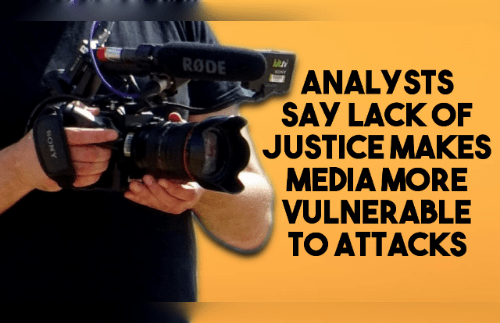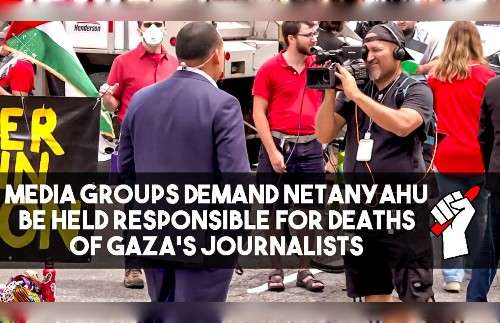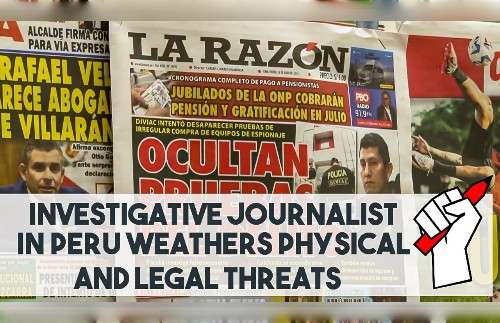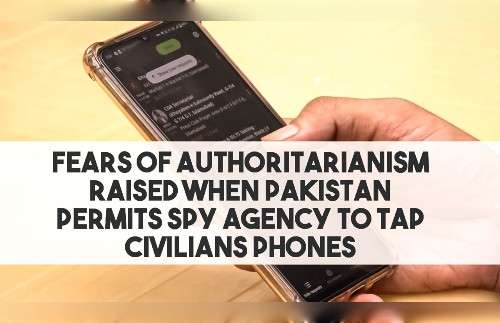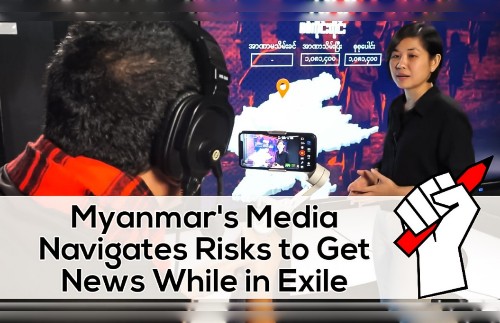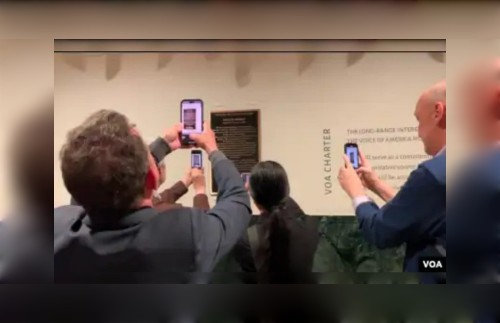
The Committee to Protect Journalists expressed alarm at a decision by the Ansar Allah group, known as the Houthis, to sentence Abdulkhaleq Amran, Akram al-Waleedi, Hareth Hameed, and Tawfiq al-Mansouri to death, and urged the Houthis to release them and all other journalists in their custody.
A court proceeding set up by the Houthis in Sanaa, the capital, handed down the sentence on 11 April against the four journalists, according to the journalists’ lawyer, Abdel Majeed Farea Sabra; Abdullah al-Mansouri, Tawfiq al-Mansouri’s brother; and Nabil Alosaidi, Yemeni Journalists Syndicate co-chair, who communicated with CPJ via messaging app. The Houthis handed down the sentence after detaining the journalists for nearly five years, according to CPJ reporting.
“At a time when Yemen needs accurate news and information more than ever, this sentence is truly dismaying and will put the Houthis beyond the pale internationally should it stand,” CPJ Senior Middle East and North Africa Researcher Justin Shilad said. “We urge the Houthis to immediately reverse this decision and release all journalists in their custody.”
According to a copy of an indictment sent by Alosaidi and Sabra to CPJ, the journalists were charged with spreading false news “in support of the crimes of Saudi aggression and its allies against the Republic of Yemen.”
Sabra told CPJ that it was possible to appeal the verdict and that he would do so. However, Sabra also told CPJ that he had not been able to properly represent his clients or defend them in the courtroom, including when the sentence was handed down.
At the same court proceeding on 11 April, six other detained journalists–Hesham Tarmoum, Hisham al-Yousifi, Essam Balghaith, Haitham al-Shihab, Hassan Anaab, and Salah Al-Qaedy—were sentenced to time served in prison and three years of so-called police supervision, according to Sabra, Alosaidi, and Abdullah al-Mansouri.
Houthi forces control most of Yemen’s north and west, as well as Sanaa, and for more than five years have been at war with the internationally recognized government, which is backed by a Saudi-led coalition. The Houthis have effectively taken over government institutions in Sanaa formerly run by the internationally recognized authorities, including intelligence agencies and the judiciary. The Saudi-led coalition announced a unilateral two-week ceasefire April 9 in an effort to combat the spread of the coronavirus, which the Houthis dismissed as a ploy, according to the BBC.
Sabra told CPJ that the decision was handed down without the presence of any lawyers for the journalists, and that a judge had barred them from the court since January 27. All of the journalists sentenced to police supervision remain in detention, and a date for their release has not been specified, Alosaidi and Sabra both told CPJ.
Mohammad Abdulsalam, a spokesman for Ansar Allah, did not immediately respond to CPJ’s email requesting comment.
CPJ has previously documented the Houthis’ detentions and ill-treatment of journalists, including the 10 sentenced today. Last week, CPJ wrote an open letter to world leaders urging them to immediately release all journalists behind bars, as freedom has become a matter of life and death amid the coronavirus pandemic.
Escaping from Scam Center on Cambodia’s Bokor Mountain
UN Security Council Meets to Discuss Children and Armed Conflict
10 Shocking Revelations from Bangladesh Commission’s Report About Ex-PM Hasina-Linked Forced Disappearances
Migration Dynamics Shifting Due to New US Administration New Regional Laws
UN Security Council Meets to Discuss the Maintenance of International Peace and Security and Artificial Intelligence
Winter Brings New Challenges for Residents living in Ukraine’s Donetsk Region
Permanent Representative of Israel Briefs Press at UN Headquarters
Hospitals Overwhelmed in Vanuatu as Death and Damage Toll Mounts from Quake
Subscribe Our You Tube Channel
Fighting Fake News
Fighting Lies













